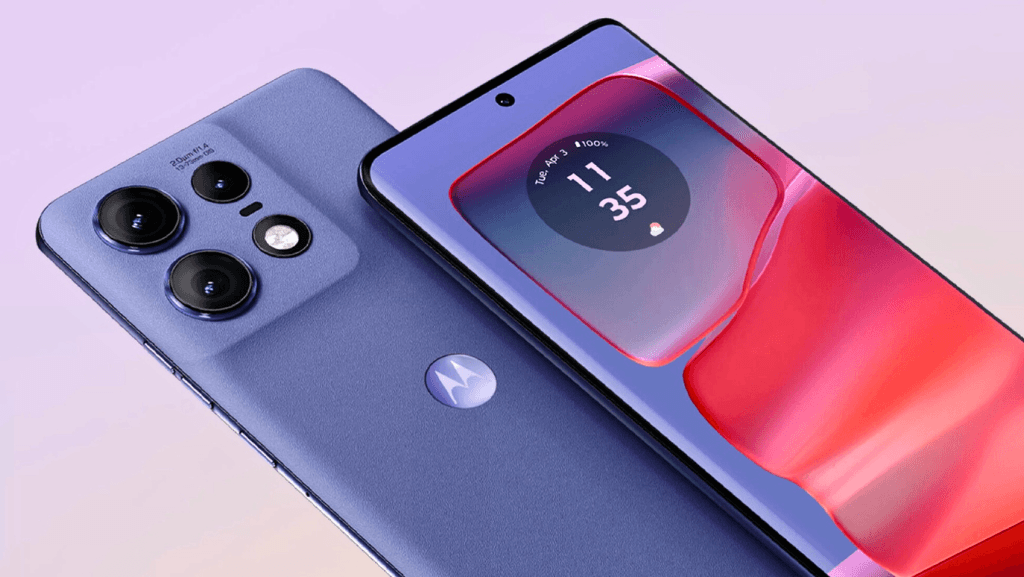
Ericsson and Motorola End Patent Clash, Paving Way for Innovation Without Litigation
A confidential settlement between Ericsson and Motorola Mobility closes a high-profile patent dispute, signalling a shift towards private resolutions in telecom intellectual property battles over 5G technology.
In a significant development for global intellectual property and telecommunications law, the U.S. International Trade Commission (ITC) has formally terminated its investigation into claims by Swedish telecom giant Ericsson that Motorola Mobility infringed its patents related to mobile phone technology. The move follows a confidential settlement agreement between the two parties, effectively ending a high-profile patent dispute that has spanned several jurisdictions.
Background of the Dispute
The ITC probe stemmed from a complaint filed in December 2023 by Telefonaktiebolaget LM Ericsson, which accused Motorola—a subsidiary of Lenovo Group Ltd.—of importing and selling smartphones that infringed several standard-essential patents (SEPs) related to 5G and wireless communications protocols.
Ericsson sought relief under Section 337 of the Tariff Act of 1930, requesting the ITC to issue an exclusion order that would block the importation of infringing Motorola devices into the United States, along with a cease-and-desist order.
However, in a joint filing dated May 28, 2025, both parties informed the Commission that they had settled. On May 30, the ITC agreed to terminate the investigation in its entirety, citing “no public interest concerns.”
Scope and Implications of the Settlement
While the precise terms remain confidential, industry analysts suggest the settlement likely includes cross-licensing arrangements, potential monetary compensation, and provisions for future collaboration or non-assertion. This marks another instance where major telecom players resolve conflicts through private negotiation rather than extended litigation or trade sanctions.
Ericsson, a leading holder of 5G patents, has a long-standing reputation for enforcing its global licensing portfolio, often leveraging ITC proceedings and international arbitration to protect its intellectual property rights.
Motorola, on the other hand, has recently expanded its global smartphone market share, especially in North America and Latin America, making ITC import bans a potentially serious business threat.
Legal Experts Weigh In
Commenting on the resolution, Sunil Ambalavelil, Chairman of Kaden Boriss, noted:
“This settlement underscores the importance of alternative dispute resolution mechanisms in cross-border patent disputes, particularly in the high-stakes field of standard-essential technologies. Such outcomes avoid protracted legal battles and promote technology sharing under fair and transparent licensing frameworks.”
ITC’s Role in Patent Enforcement
The ITC has become a popular forum for patent enforcement, particularly among tech companies, due to its ability to issue exclusion orders that can bar infringing goods from entering the U.S. market. These orders often carry more immediate commercial consequences than traditional district court rulings.
According to a 2024 report from the U.S. Patent and Trademark Office (USPTO), over 25% of patent infringement complaints filed with the ITC in the last five years resulted in early settlements, indicating the growing trend of using ITC action as a strategic pressure tool in global IP disputes.
Ongoing Global Trends in Patent Disputes
This resolution follows several similar settlements between telecom giants in recent years. Notably:
-
In 2022, Apple and Ericsson reached a multi-year 5G patent license agreement, ending numerous legal battles in the U.S. and Europe.
-
In 2023, Nokia and Oppo resolved their global dispute, enabling Oppo’s return to the German and UK markets.
As 5G technology and Internet of Things (IoT) devices continue to proliferate, experts predict a rise in patent litigation, particularly involving FRAND (Fair, Reasonable and Non-Discriminatory) licensing obligations.
Key Takeaways
The ITC’s decision to terminate its investigation officially ends the Ericsson-Motorola patent dispute. Both companies can now prioritise innovation and market expansion instead of litigation.
The case highlights a shift in how telecom firms handle intellectual property disputes, favouring collaboration over prolonged legal battles.
For the global legal community and IP law stakeholders, it underscores:
-
The importance of regulatory diplomacy in resolving conflicts.
-
The role of private settlements in avoiding drawn-out litigation.
-
The influence of standard-setting organisations in maintaining balance within the fast-evolving telecom industry.
For any enquiries or information, contact info@thelawreporters.com or call us on +971 52 644 3004. Follow The Law Reporters on WhatsApp Channels.